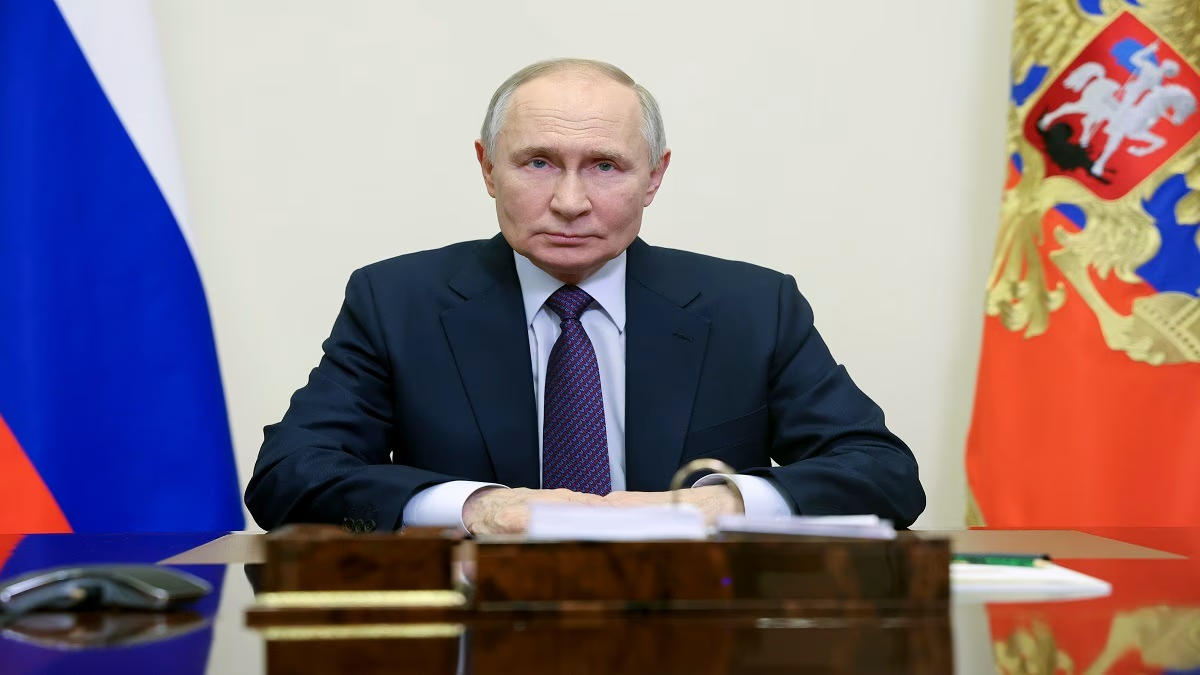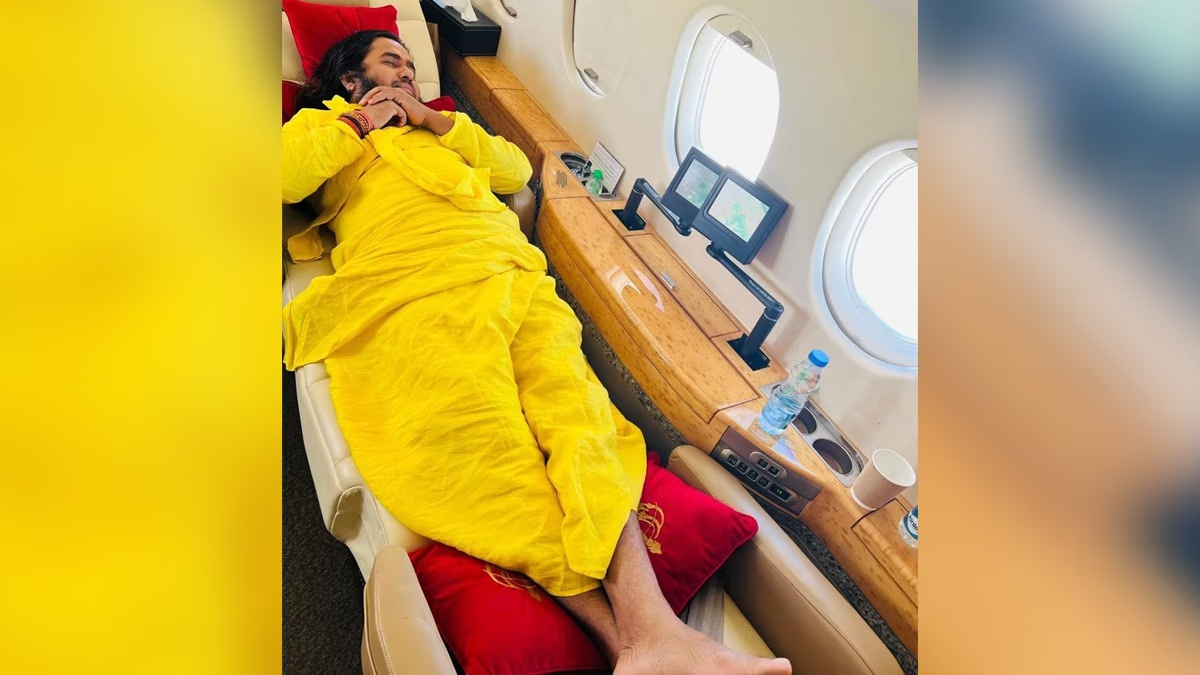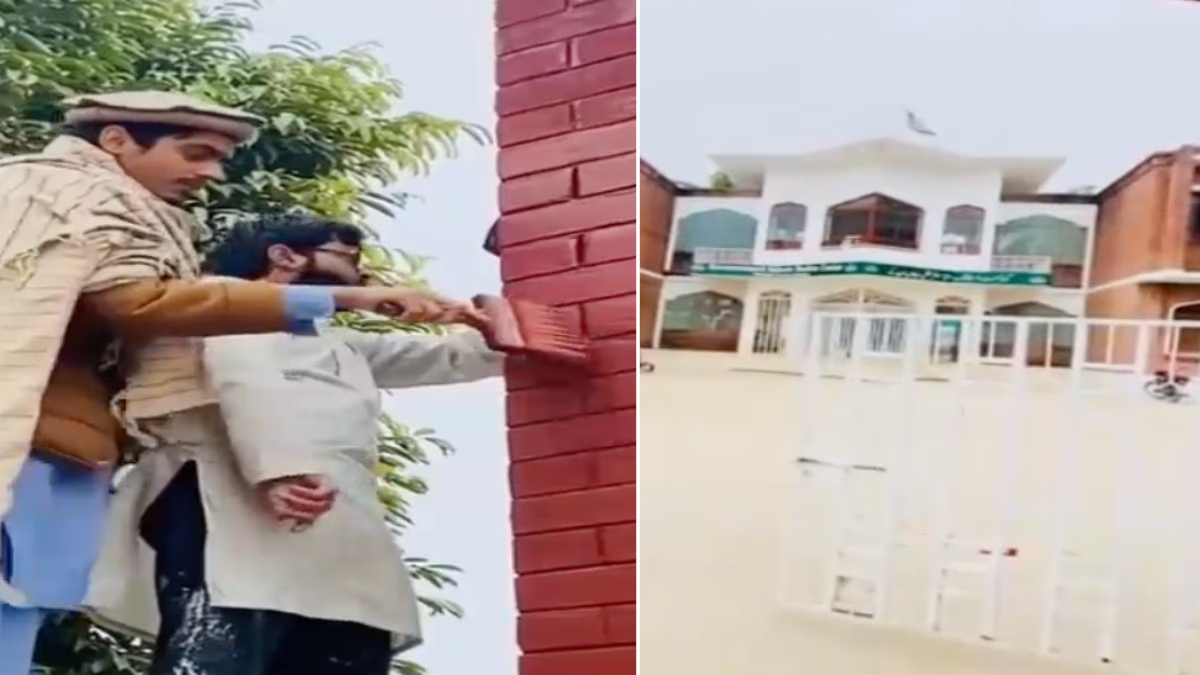Amid an alleged plot involving false bomb threat calls in numerous Delhi schools, an NGO also finds mention. The investigation is underway. It's not the first time NGOs face allegations of complicity in wrongdoing—from inciting communal riots to attempts to destabilize governments, these serious accusations have surfaced worldwide. Russia, notably, has enacted stringent laws to curb organizations operating with foreign funding within its territory.
The Dawn of Volunteering in Monarchical Eras
In ancient times, royalty delegated tasks they couldn't fulfill to the merchants of their kingdoms. Merchants constructed step-wells, established rest houses, and hospitals, and directed a portion of their wealth towards their upkeep. Successors would then take over these responsibilities. Times changed. Merchants focused singularly on trade. Charity was now left to rulers, who themselves were deeply engrossed in expanding borders, amidst widespread conflicts globally.
World War II and the Seeds of Modern NGOs
Amid the 19th-century conflict between France and Austria, Swiss businessman Henry Dunant witnessed devastation firsthand. Wounded soldiers struggled without even water, altering Dunant's initial intent to profit from war. In 1862, he authored "Memory of Solferino," birthing the first modern NGO: the Red Cross. By the following year, Dunant summoned a convention in Geneva of five nations, forming this organization. Soon, 12 countries signed the Geneva Convention, ensuring protection for wounded soldiers and medical personnel during warfare.
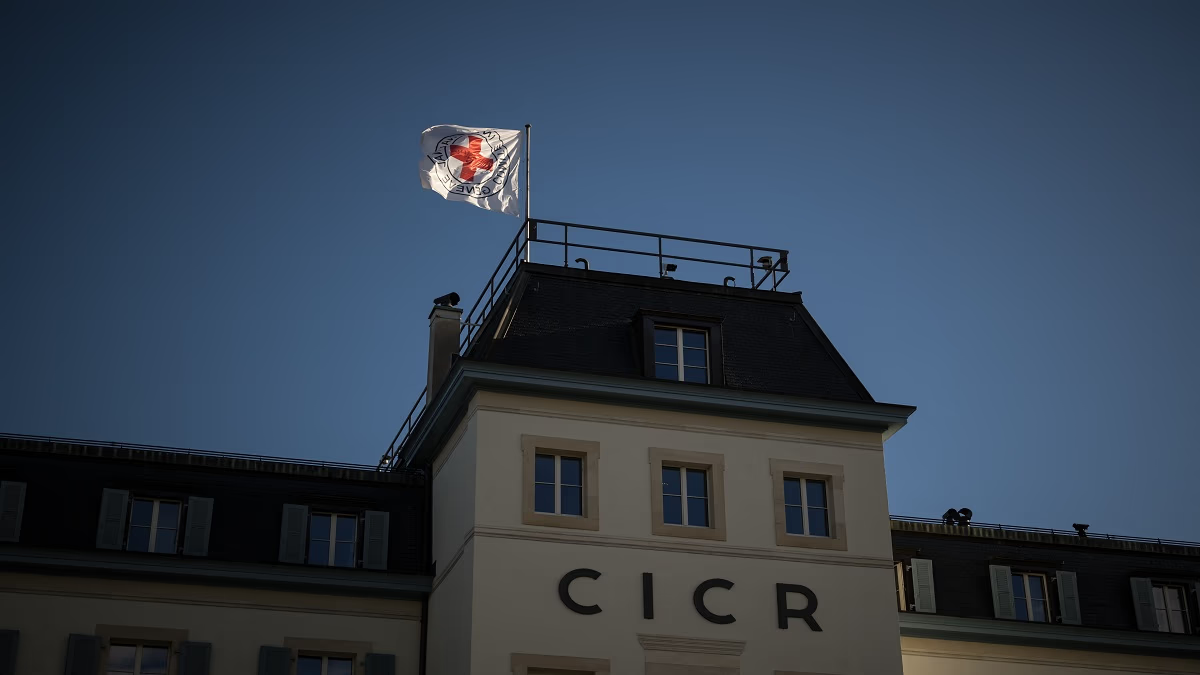
Source: aajtak
Organizations Flourish with UN Support
Following WWII, NGOs bloomed globally, bolstered by the United Nations. Initially, the UN focused on fostering intergovernmental relations but swiftly encountered challenges. The UN's comprehensive reach was limited, and cultural integration posed a challenge. The solution: NGOs to address human rights issues. Large international organizations formed, focusing on education, health, and rights of children and women. These large entities began funding local NGOs, establishing a hierarchical structure under the UN's umbrella which continued evolving through the 1970s.
Allegations of Conspiracy
Despite positive endeavors, allegations of conspiracies emerged post-Cold War. Many governments accused foreign-funded NGOs of undermining their nations from within.
Some were accused of collecting sensitive information for foreign powers.
Others allegedly destabilized governments in exchange for financial incentives.
Claims arose of deceiving needy individuals into religious conversions.
Often, NGOs reportedly fabricated adverse human rights reports to tarnish national images.
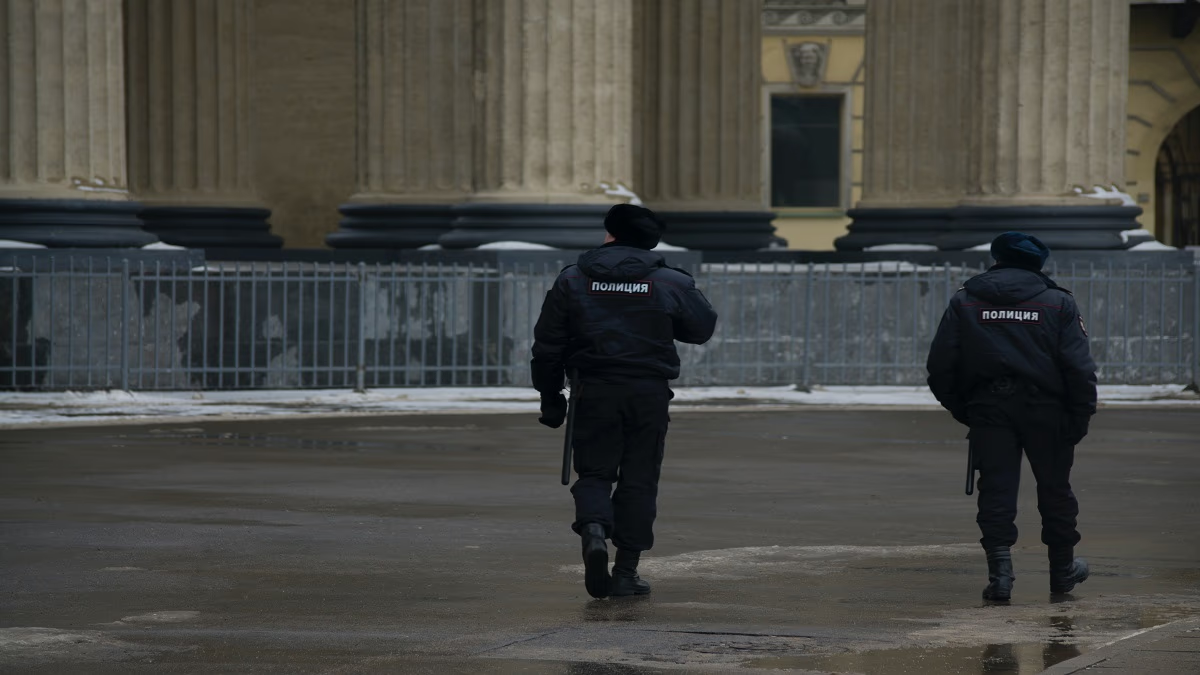
Source: aajtak
Moscow's Intensifying Restrictions
Even amidst these accusations, NGOs thrived until Russia initiated significant action post-Soviet Union collapse, coinciding with uprising and governmental changes in neighboring nations. Accusing American influence through NGOs, Russia took preventive measures fearing similar revolutions. Under Putin's presidency, dispersal of protests, perceived as Western-funded NGO orchestrations, affirmed these suspicions. Consequently, Russia implemented a "Foreign Agents" law, demanding registration and stringent monitoring of foreign-funded NGOs engaged in political activities.
Introduction of the "Foreign Agents" Law
NGOs receiving foreign funding with political involvement must register as foreign agents. Continuous scrutiny ensued; failing which led to deregistration and functional limitations, resulting in numerous shutdowns. A year ago, the Kremlin prepared for more stringent legislation under the "Undesirable Organizations" law, empowering governmental clampdowns on organizations suspected of engaging in foreign affairs or threatening national unity.
